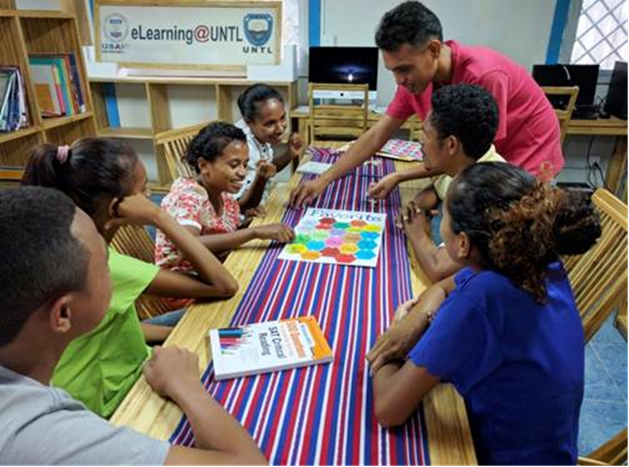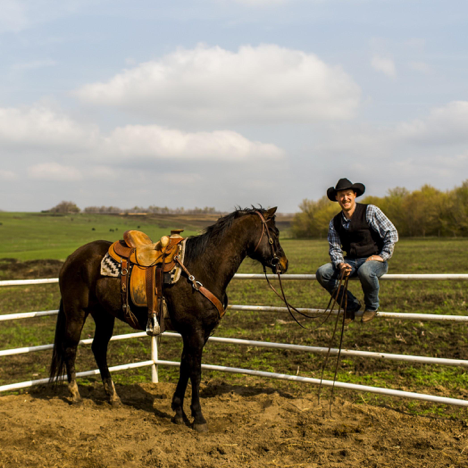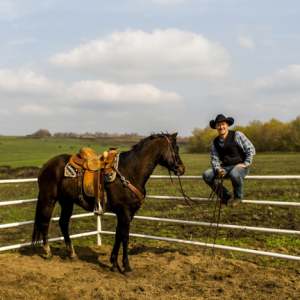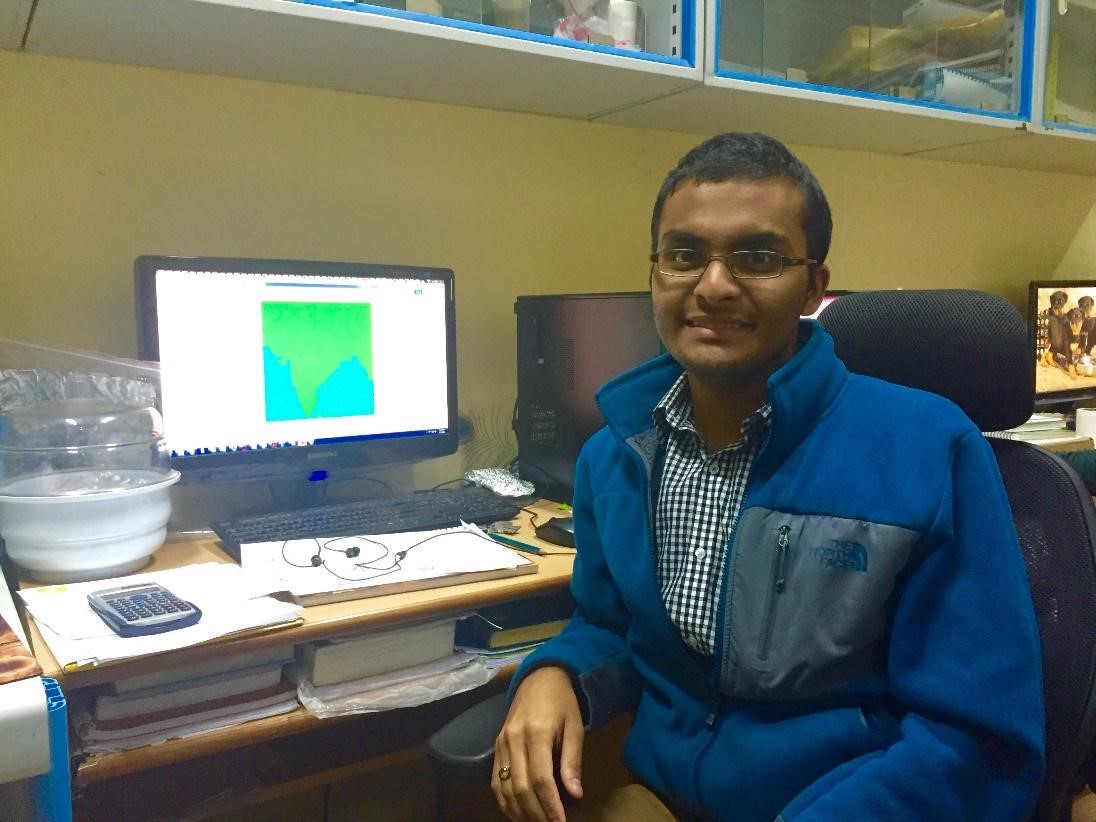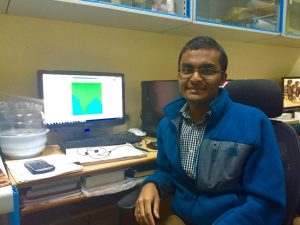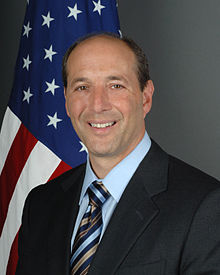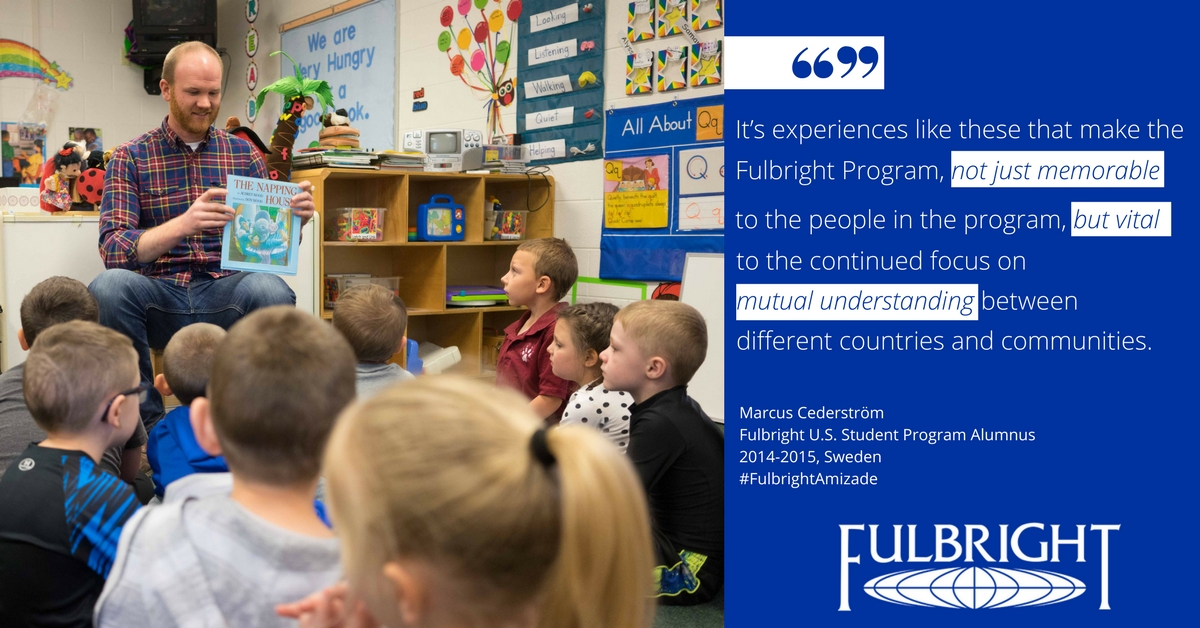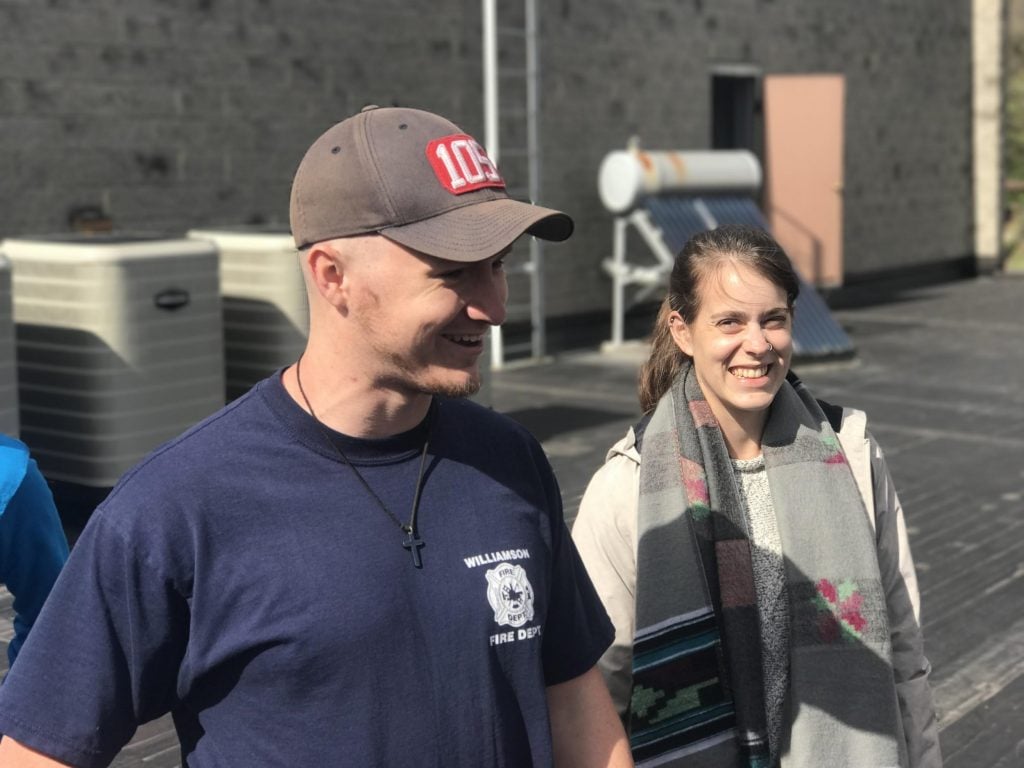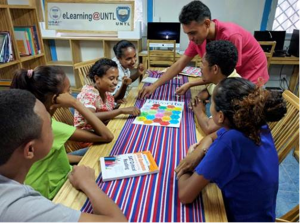
Timorese students engaging in English language learning activities at UmaAmerika, the first American-style cultural center/library in the country featuring a high-tech design space and a platform to access scientific and research databases open to the general public.
The Fulbright U.S. Student Program is pleased to announce that two Fulbright English Teaching Assistantships are now available to Timor-Leste for the 2018-2019 application cycle.
2018-2019 will be the first year in which the U.S. Department of State, in partnership with the Timorese government, will be sending Fulbright English Teaching Assistants to Timor-Leste. Timor-Leste became an independent nation in 2002, following over four hundred years of Portuguese colonization, twenty-four years of Indonesian occupation, and three years of United Nations transitional administration. The country faces the challenge of building a strong democracy and vibrant economy against a background of still-fragile institutions and limited human capital.
On May 20, 2017, the Democratic Republic of Timor-Leste celebrated its 15th anniversary of the Restoration of Independence. On the occasion, Secretary of State Rex W. Tillerson noted, “Fifteen years of independence is a remarkable milestone, reflecting the resolve and commitment of the Timorese people to build a new democracy based on respect for human rights and the rule of law. We are committed to deepening ties between the American and Timorese peoples in the years to come.”

